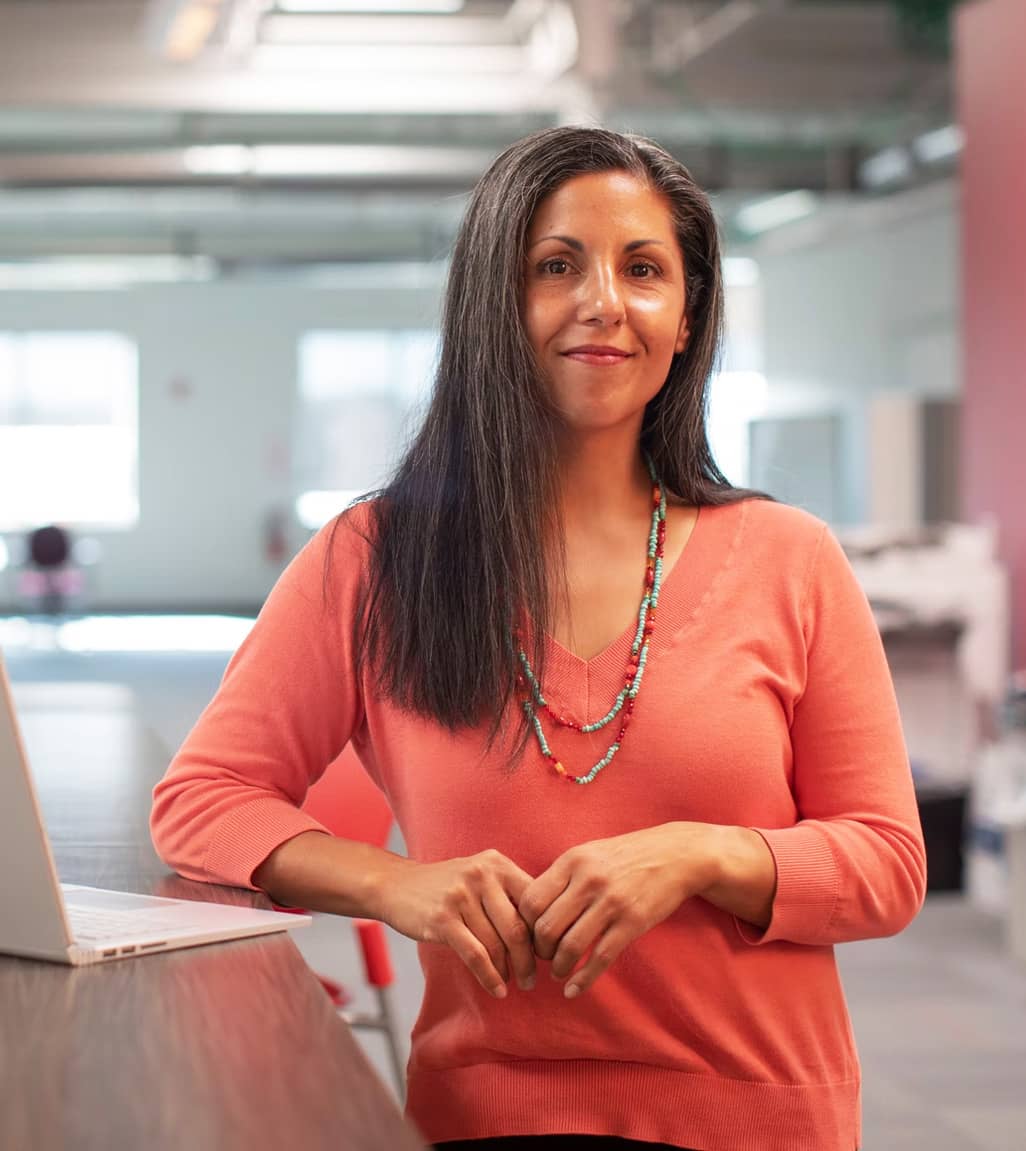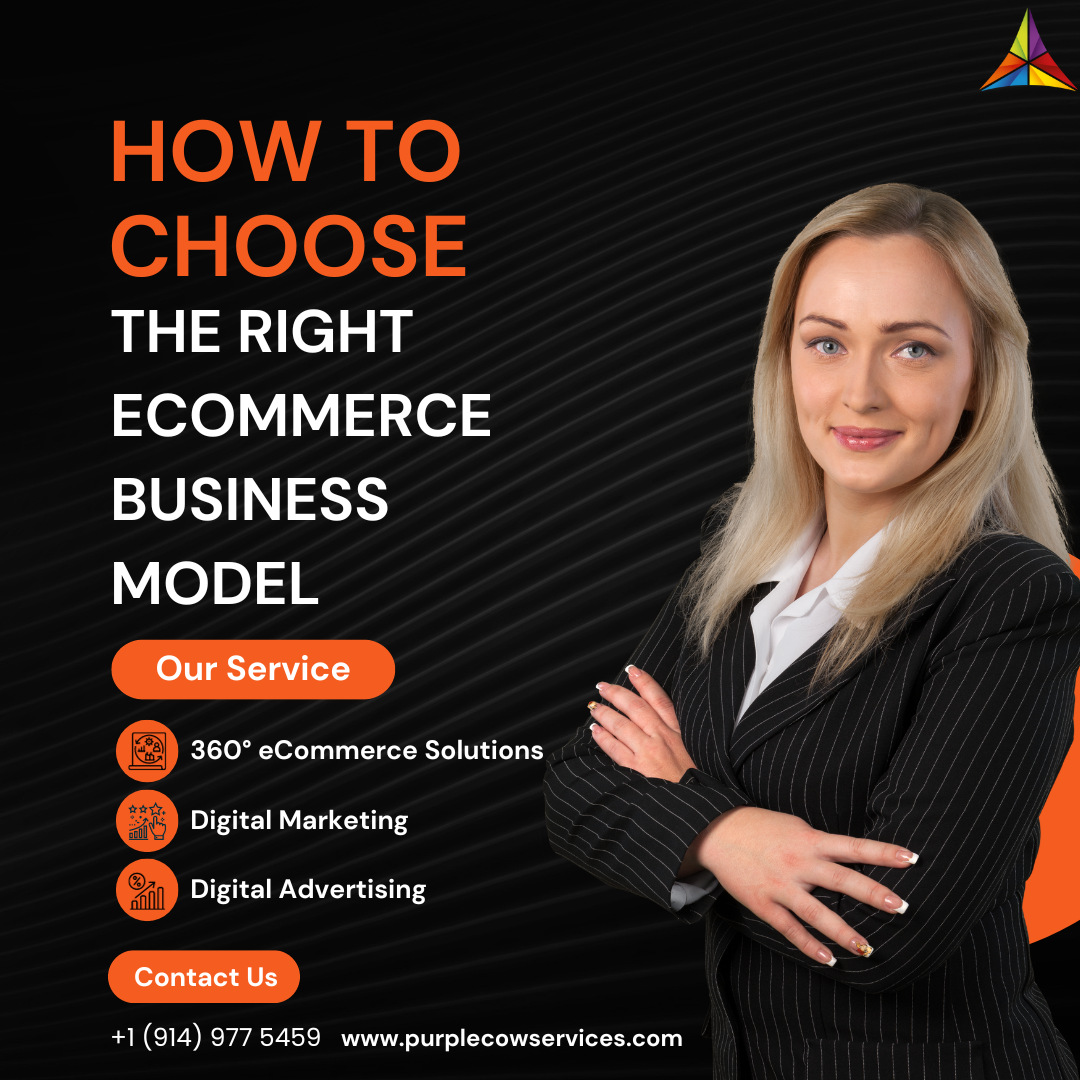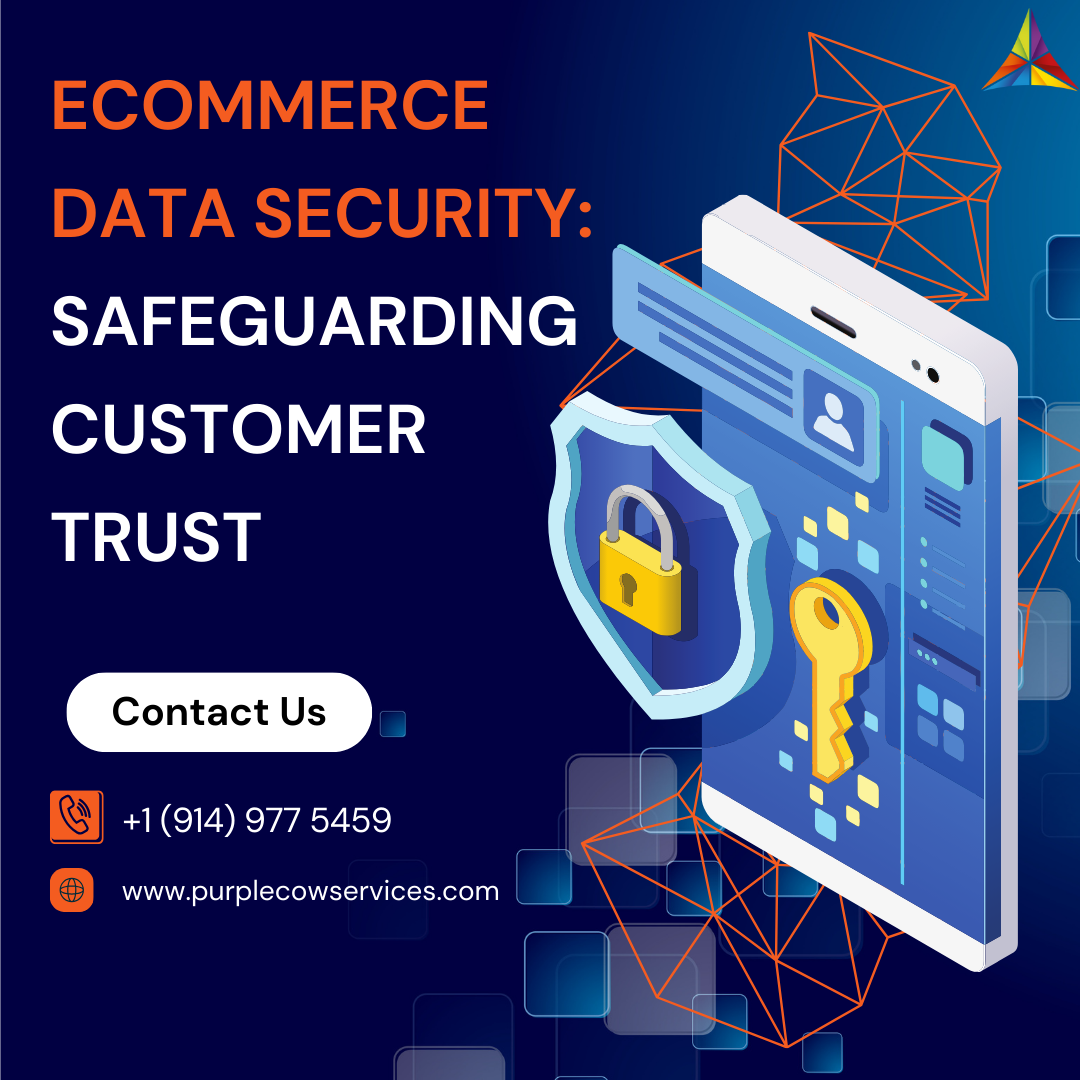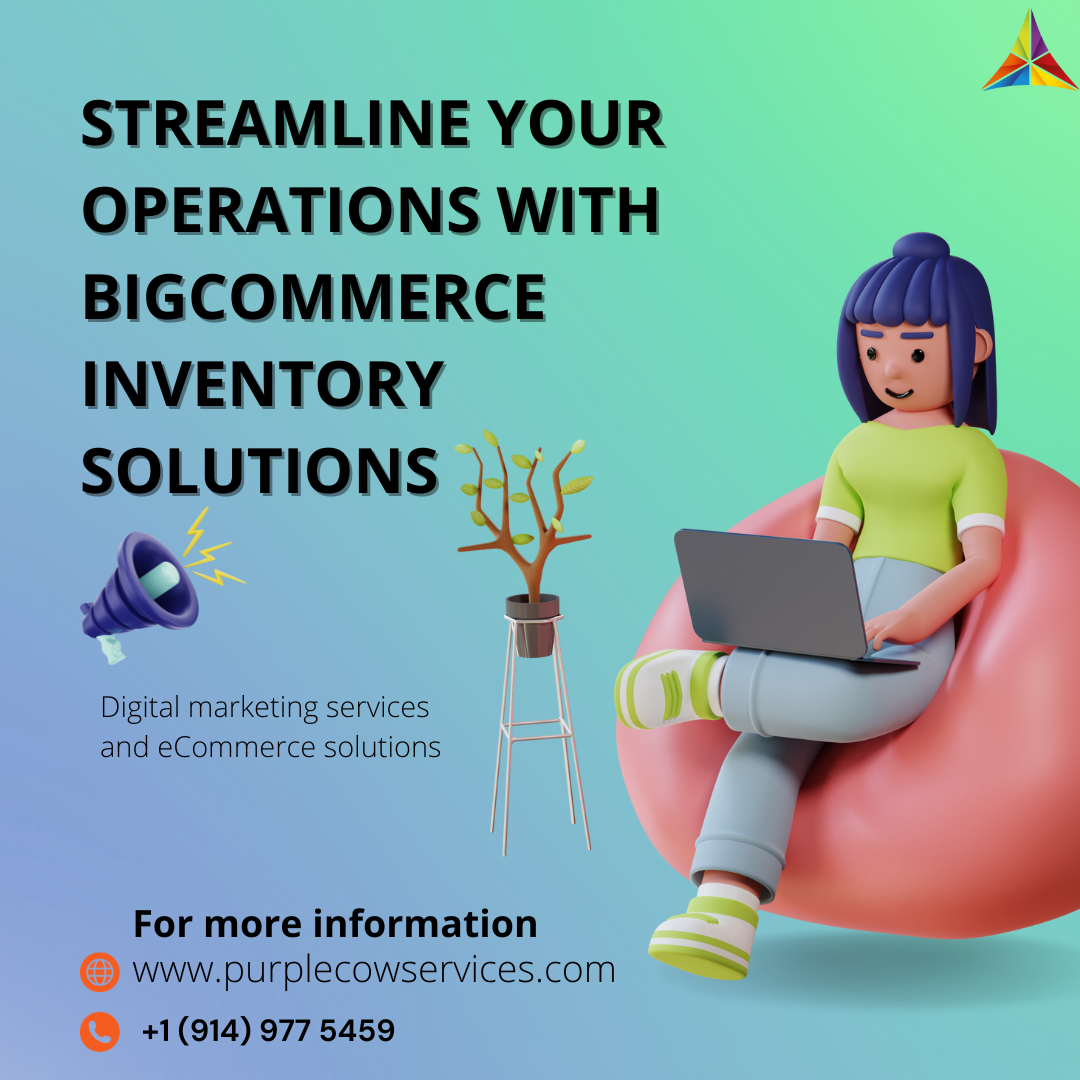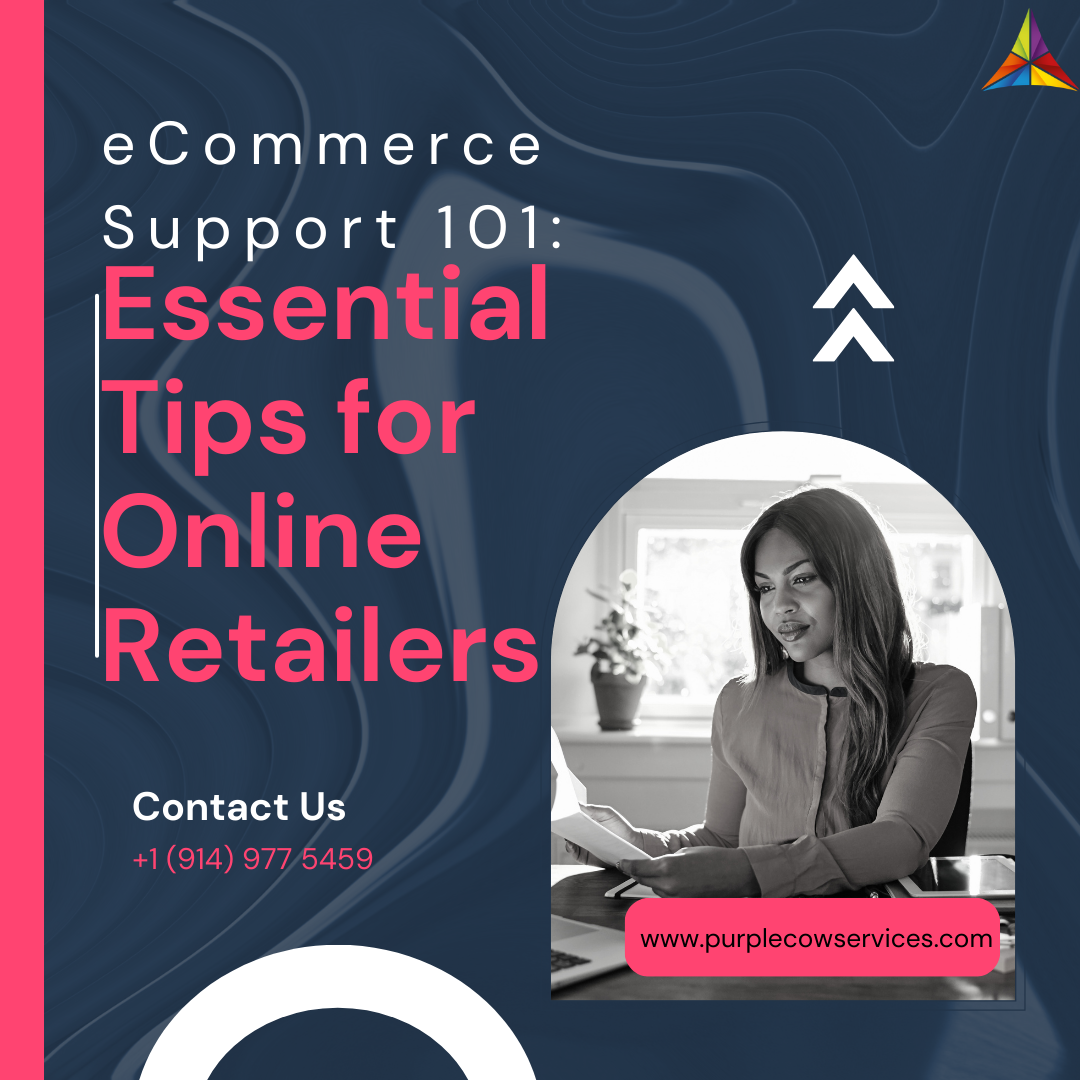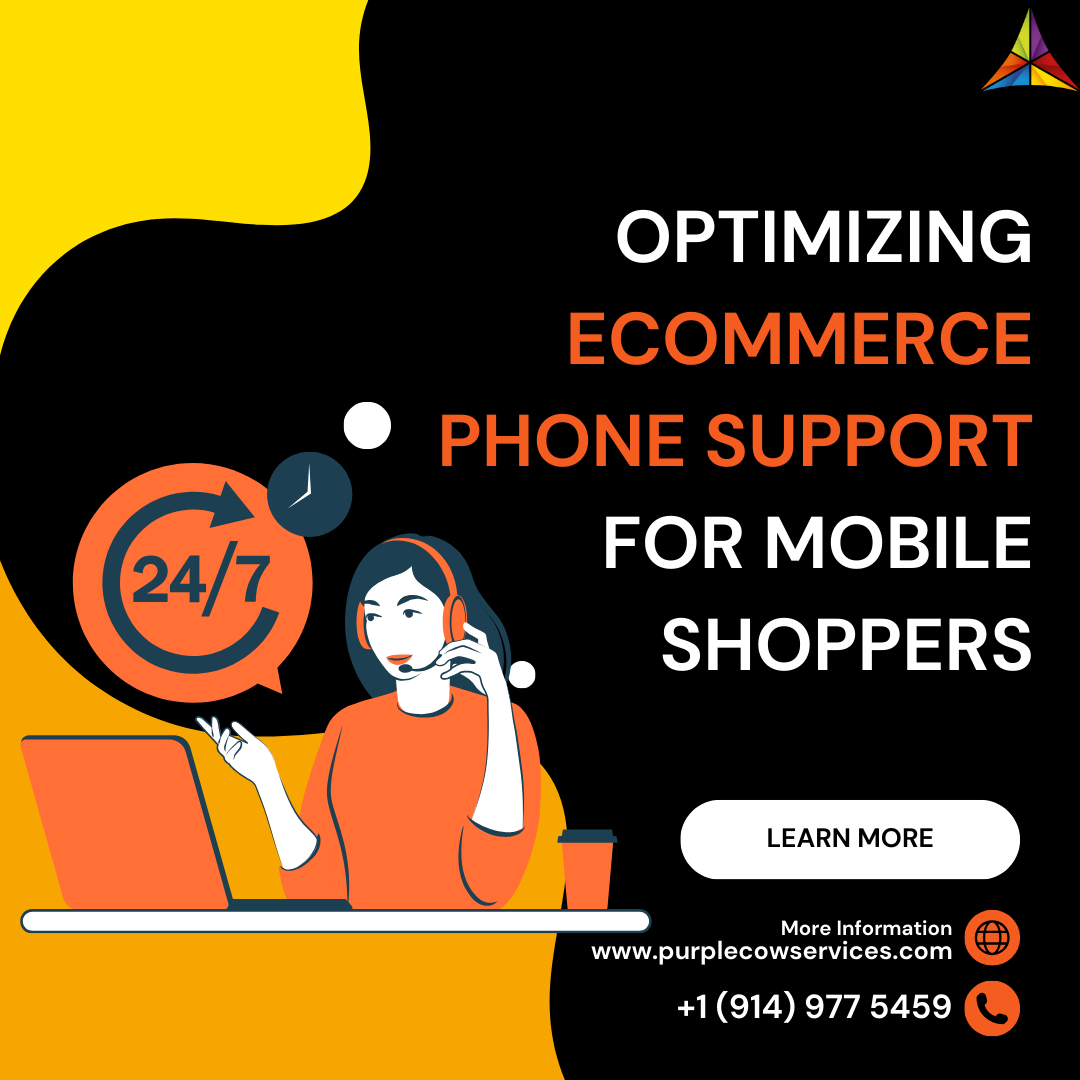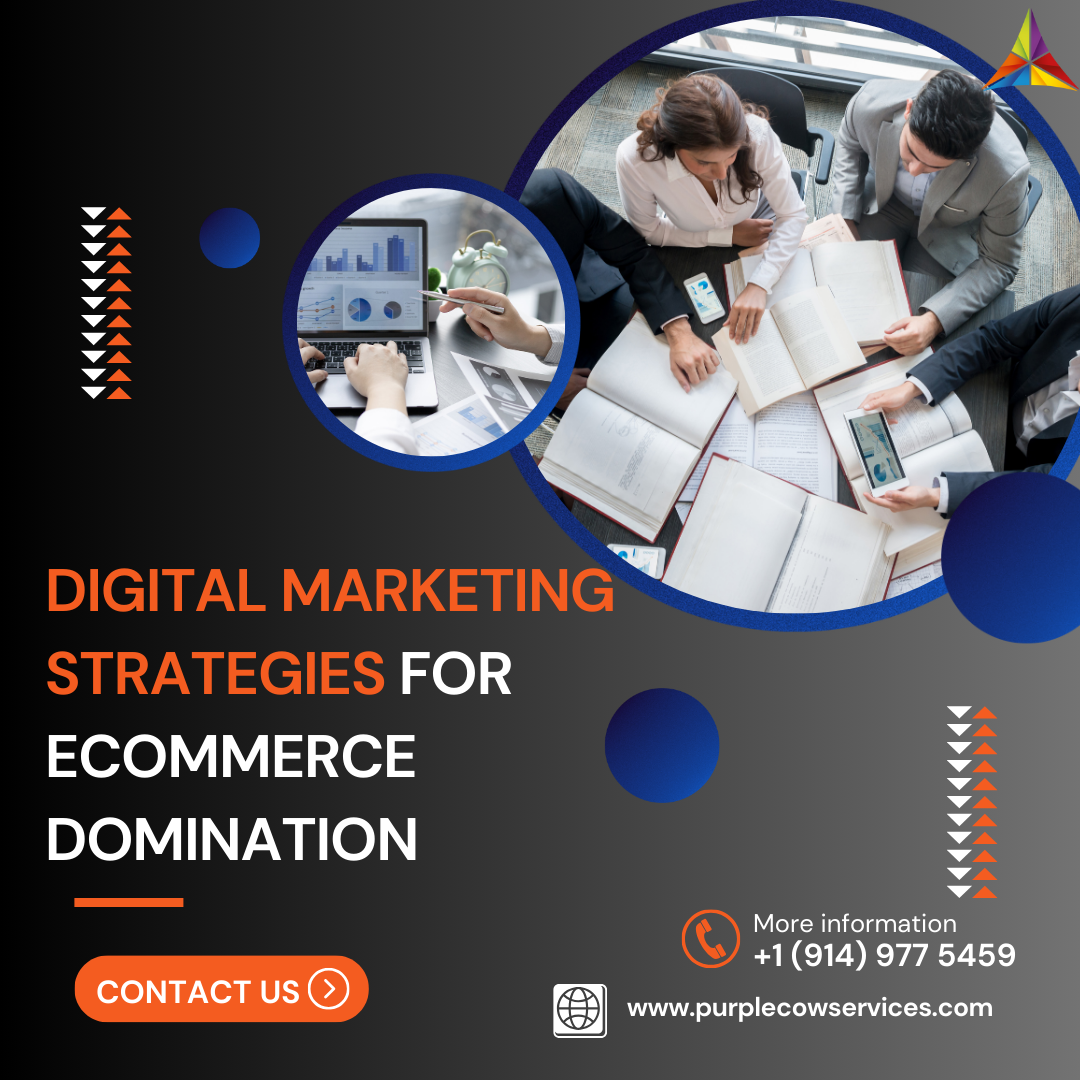In the vast and ever-evolving landscape of eCommerce, choosing the right business model is akin to selecting the perfect vehicle for a cross-country journey.
Share This Story, Choose Your Platform!
Each model comes with its own set of advantages, challenges, and considerations. Whether you’re a seasoned entrepreneur or a budding enthusiast, understanding which eCommerce path to traverse is essential to your success.
In recent discussions, we’ve explored the nuances and intricacies of dropshipping from China, shedding light on why this approach may not be the most favorable choice for eCommerce enthusiasts, especially beginners, in 2020. This exploration naturally leads to a fundamental and crucial question: “If dropshipping isn’t the right business model, then what is?
As with many things in life, the answer to this question is far from one-size-fits-all. It’s a multifaceted and deeply individualized decision that hinges on a multitude of factors. So, let’s embark on this journey together, where we’ll navigate the terrain of eCommerce business models and discover the key considerations that will help you chart your course toward success.
The Complexity of Choosing
The first step in this exploration is acknowledging the complexity of choosing the right eCommerce business model. It’s not a decision that can be made hastily or solely based on the latest trends or perceived shortcuts to success. It requires a thoughtful assessment of your unique circumstances, skillset, financial capacity, and time availability.
The eCommerce ecosystem is rich and diverse, offering an array of business models to choose from. While this diversity is a boon, it can also be overwhelming, especially for those starting their journey in the world of online commerce. So, let’s simplify this decision-making process by breaking it down into manageable components.
Factors That Matter
Previous eCommerce Experience
Your prior experience in eCommerce is a pivotal factor in determining which business model aligns best with your journey. Are you a complete novice, or do you bring a certain level of expertise to the table? This factor can influence your choice significantly.
Assessing Your Skill Level: If you’re just starting out, it’s imperative to acknowledge your novice status and embrace the learning curve that lies ahead. Understanding the fundamentals of eCommerce, from product sourcing to customer engagement, is paramount.
The Role of Digital Marketing Experience: It’s essential to differentiate between eCommerce experience and digital marketing experience. While the two are intertwined, eCommerce encompasses a broader spectrum of activities beyond marketing. If your expertise primarily lies in digital marketing, it will affect your choice of the ideal eCommerce model.
For beginners, a solid grasp of eCommerce basics is crucial before venturing into complex models. The journey involves more than just setting up a website and running ads. It’s about comprehending the intricacies of product selection, inventory management, customer support, and fulfillment.
Financial Situation
Finances play a pivotal role in the eCommerce journey. The business model you choose should align with your current financial situation and your willingness to invest in your venture. Launching certain eCommerce models, such as establishing a major electronics company or creating a proprietary consumer packaged product, demands a substantial financial commitment.
Evaluating Your Budget: Consider your budget carefully. How much capital are you willing and able to invest in your eCommerce business? Different models come with varying cost structures, and it’s crucial to be realistic about what you can afford.
The Cost of Entry: Some of the most profitable eCommerce models require significant upfront investments. While the potential returns can be substantial, not everyone is in a position to make such financial commitments right away. If your finances are limited, it’s perfectly acceptable to start with a model that aligns with your budget and scale up as your business grows.
The eCommerce journey can be financially rewarding, but it’s essential to match your financial capacity with the model that best suits your circumstances. This might mean starting with a model that requires less investment and gradually evolving into a more capital-intensive model as your profits accumulate.
Time Commitment
Time is a precious and finite resource, and how much of it you can commit to your eCommerce venture is a critical factor in choosing the right business model. The available time varies from person to person, influenced by personal and professional responsibilities.
Assessing Available Time: Before diving headfirst into any eCommerce model, take a close look at your schedule. Are you juggling a full-time job, family commitments, or other distractions that might limit your available time? Understanding your time constraints is essential for setting realistic expectations.
Balancing Life’s Distractions: Life has a way of throwing curveballs, and it’s important to consider how external factors might affect your ability to commit time to your eCommerce business. If you’re married, have young children at home, and are working full-time, your circumstances differ greatly from someone who is single, childless, and financially capable of dedicating themselves fully to their startup.
The reality is that distractions are a part of life, and these distractions can impact your ability to dedicate the time required for certain business models. Recognizing this fact allows you to make an informed decision that aligns with your current situation.
The Path to Success
Now that we’ve dissected the critical factors that influence your choice of an eCommerce business model, let’s explore potential paths to success based on your circumstances. Keep in mind that there are no one-size-fits-all answers, but rather a spectrum of options that can be tailored to your unique journey.
Beginners with Limited Resources
Affiliate Marketing: Affiliate marketing serves as an excellent starting point for beginners who have limited resources and are eager to learn the ropes of eCommerce. It provides a foundational understanding of how online marketing and sales work.
Learn eCommerce Basics: In the world of eCommerce, knowledge is power. Starting with affiliate marketing allows you to acquire essential skills and insights into the online business landscape.
Start Small and Learn the Ropes: It’s akin to learning to crawl before you walk. Affiliate marketing provides a low-risk entry into eCommerce, allowing you to understand the fundamentals without the complexities of product sourcing or inventory management.
Print on Demand
For those who want to create their brand and provide a unique product but have budget constraints, Print on Demand offers an attractive solution.
Create Your Brand: Print on Demand allows you to establish your brand identity, voice, and message. It’s an opportunity to build a community of customers who resonate with your brand.
Focus on Customer Experience: Delivering exceptional customer experiences remains a top priority, irrespective of the business model you choose. With Print on Demand, you can focus on this aspect without the burden of inventory management.
Intermediate Marketers
Direct to Consumer (DTC) or Business to Business (B2B)
If you have previous eCommerce experience, a solid financial foundation, and the time to invest in your venture, transitioning to a DTC or B2B model may be a viable option.
Leverage Your Experience: Your prior knowledge becomes a valuable asset in this journey. You can draw from your past experiences to navigate the complexities of product creation, marketing, and sales.
Invest in Inventory and Product Development: DTC and B2B models often involve creating your products or sourcing inventory. While this requires a more substantial initial investment, it also offers higher profit margins and greater control over your brand.
Conclusion
In the realm of eCommerce, the journey to success is as diverse as the individuals embarking on it. Choosing the right business model is a decision that should be deeply informed by your skills, financial situation, and available time. There is no universal formula for success, but rather a process of aligning your unique circumstances with the most suitable model.
Starting your eCommerce venture from scratch, whether as a beginner or an experienced marketer, is undeniably exciting. However, it’s essential to begin at a level that matches your current capabilities and resources. Sometimes, you might need to crawl before you walk, walk before you jog, jog before you run, and run before you sprint.
Elevate your eCommerce journey with Purple Cow. Our expert guidance helps you navigate the intricate world of online business models. We tailor strategies to your unique needs. Join the ranks of successful eCommerce entrepreneurs with our support. Trust Purple Cow to steer your path to prosperity.

